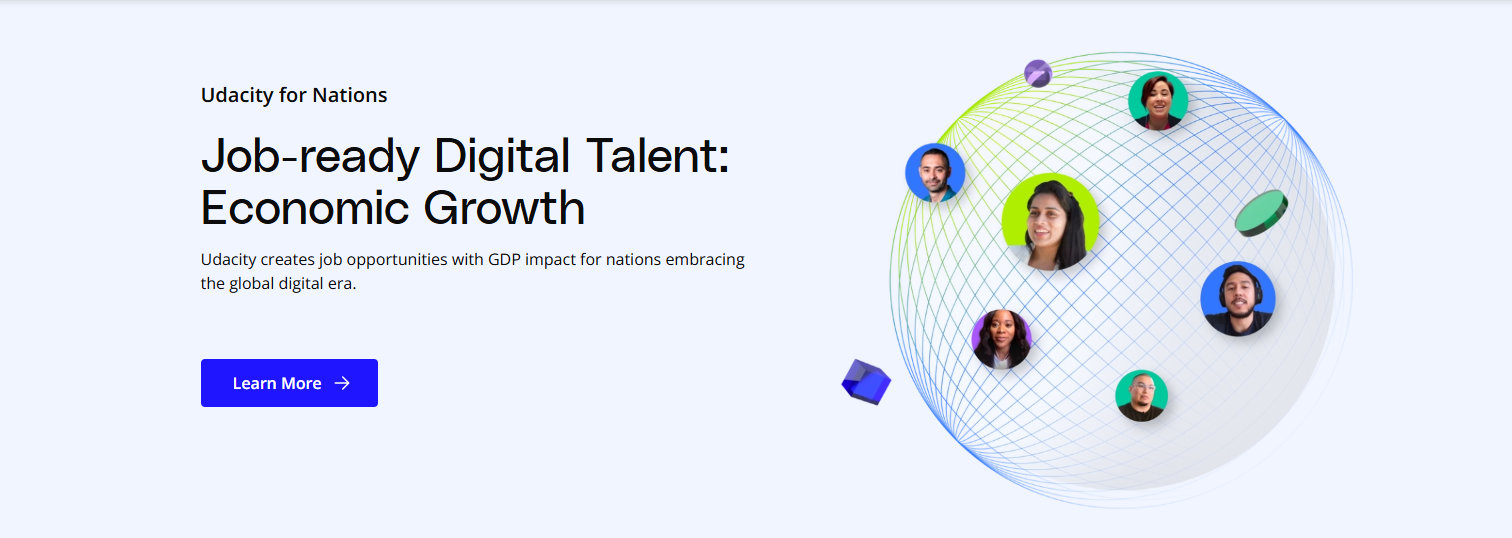Brief overview of Khan Academy
Khan Academy Review 2025
Khan Academy is a non-profit educational organization that provides free online resources for learners of all ages. Founded in 2008 by Salman Khan, the platform offers a wide range of instructional videos, practice exercises, and a personalized learning dashboard that allows students to learn at their own pace. The subjects covered include mathematics, science, economics, history, and more, catering to both K-12 students and college-level learners.
Khan Academy aims to democratize education by making high-quality learning materials accessible to anyone, anywhere, at no cost. The platform is widely used by students, teachers, and parents, and it also offers tools for educators to track student progress and customize learning experiences. Overall, Khan Academy is recognized for its innovative approach to education and its commitment to fostering a love of learning.
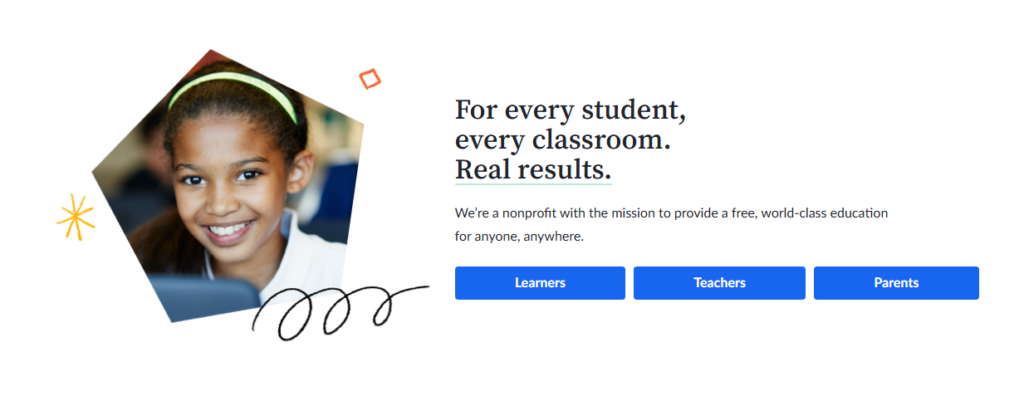
Table of Contents
History and founding of Khan Academy
Khan Academy was founded in 2008 by Salman Khan, a former hedge fund analyst. The inception of the platform began when Khan started tutoring his cousin in mathematics remotely using Yahoo Doodle, a simple online drawing tool. His cousin found the lessons helpful, prompting Khan to create more instructional videos to assist her and others.
As he produced more content, Khan uploaded these videos to YouTube, where they quickly gained popularity. Recognizing the potential to reach a broader audience, he decided to formalize his efforts and established Khan Academy as a non-profit organization. The mission was to provide free, high-quality educational resources to anyone, anywhere.
In 2010, Khan Academy received significant funding from the Bill and Melinda Gates Foundation, which helped expand its reach and resources. The platform continued to grow, adding a wide range of subjects and interactive features, including practice exercises and personalized learning dashboards.
Over the years, Khan Academy has partnered with various educational institutions and organizations, further enhancing its offerings. Today, it serves millions of learners worldwide, making it a prominent player in the field of online education and a model for accessible learning. Khan Academy Review 2024
Mission and vision of the organization
Khan Academy Review 2024
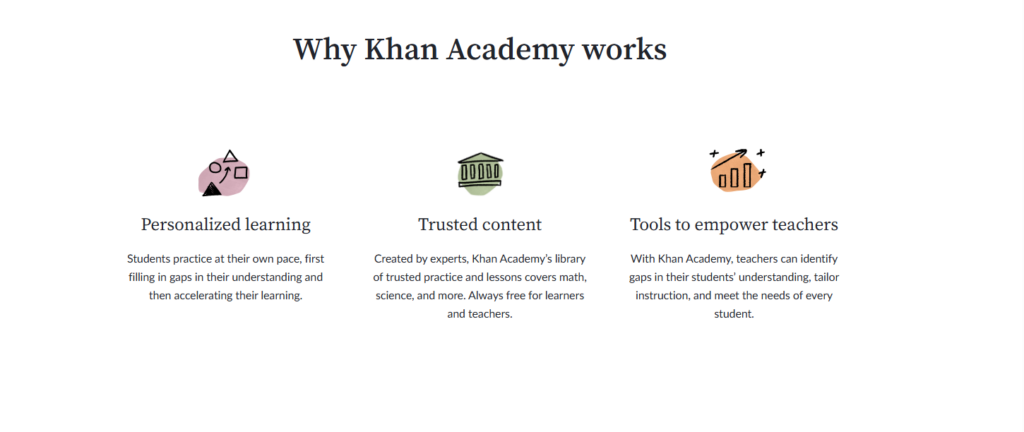
Khan Academy’s mission is to provide a free, world-class education for anyone, anywhere. The organization aims to democratize education by making high-quality learning resources accessible to all individuals, regardless of their background or circumstances.
The vision of Khan Academy is to empower learners to take control of their education and to foster a love of learning. By offering personalized learning experiences and a wide range of subjects, Khan Academy seeks to inspire students to pursue their educational goals and develop the skills necessary for success in life and work.
Overall, Khan Academy envisions a future where education is universally accessible, enabling every learner to reach their full potential. Khan Academy Review 2024
Overview of the platform’s offerings
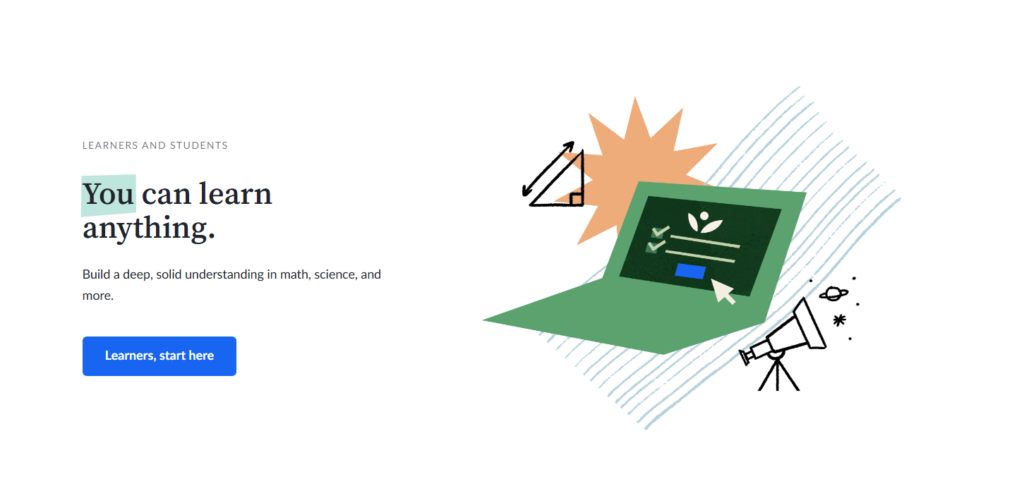
Khan Academy offers a diverse range of educational resources designed to support learners of all ages and backgrounds. Here’s an overview of the platform’s key offerings:
1. Video Lessons: The platform features thousands of instructional videos covering various subjects, including mathematics, science, economics, history, arts, and computer programming. These videos are designed to explain concepts clearly and engagingly.
2. Practice Exercises: Khan Academy provides interactive practice problems that allow students to apply what they have learned. These exercises are tailored to different skill levels and include instant feedback to help learners improve.
3. Personalized Learning Dashboard: The platform includes a personalized learning dashboard that tracks student progress and adapts to their learning pace. This feature allows learners to set goals, monitor their achievements, and receive recommendations for further study.
4. Courses and Subjects: Khan Academy offers comprehensive courses in various subjects, organized by grade level and topic. This includes foundational subjects like math and reading, as well as advanced topics in science and humanities.
5. Test Preparation: The platform provides resources for standardized test preparation, including SAT, ACT, and AP exams. These resources include practice questions, instructional videos, and test-taking strategies.
6. Teacher and Parent Resources: Khan Academy offers tools for educators and parents to track student progress, assign exercises, and customize learning experiences. This helps facilitate a collaborative learning environment.
7. Mobile Accessibility: The platform is accessible via mobile devices, allowing learners to study on the go. The Khan Academy app provides access to videos, exercises, and progress tracking.
8. Community and Support: Khan Academy fosters a community of learners and educators, providing forums and support resources to enhance the learning experience.
Overall, Khan Academy’s offerings are designed to create a comprehensive and flexible learning environment that empowers students to learn at their own pace and achieve their educational goals. Khan Academy Review 2024
Key Features of Khan Academy
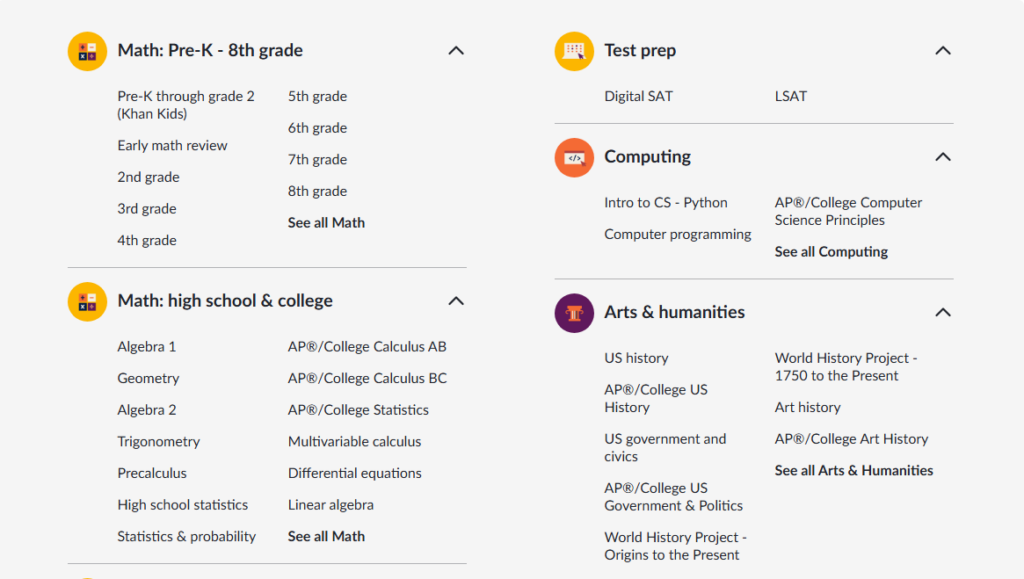
Khan Academy includes several key features that enhance the learning experience for students, educators, and parents. Here are some of the most notable features:
1. Extensive Video Library: Khan Academy hosts thousands of instructional videos covering a wide range of subjects, including math, science, history, and more. These videos are designed to be engaging and informative, breaking down complex concepts into easily digestible segments.
2. Interactive Practice Exercises: The platform offers a variety of practice problems that allow students to apply what they have learned. These exercises provide instant feedback, helping learners understand their mistakes and improve their skills.
3. Personalized Learning Dashboard: Each user has access to a personalized dashboard that tracks their progress, highlights strengths and weaknesses, and recommends specific exercises based on their performance. This feature allows learners to set goals and monitor their achievements over time.
4. Mastery Learning: Khan Academy employs a mastery-based learning approach, encouraging students to master a topic before moving on to the next. This ensures a solid understanding of foundational concepts, which is crucial for success in more advanced subjects.
5. Course Structure: The platform organizes content into structured courses, making it easy for learners to navigate through topics and track their progress. Courses are available for various grade levels and subjects, catering to a wide range of learners.
6. Test Preparation Resources: Khan Academy provides resources for standardized test preparation, including SAT, ACT, and AP exams. These resources include practice questions, instructional videos, and test-taking strategies to help students perform their best.
7. Teacher and Parent Tools: Educators and parents can create accounts to monitor student progress, assign specific exercises, and customize learning experiences. This feature fosters collaboration and support in the learning process.
8. Mobile Accessibility: The Khan Academy app allows users to access content on mobile devices, enabling learning on the go. This flexibility helps students study whenever and wherever they choose.
9. Community Support: Khan Academy encourages a sense of community among learners and educators, providing forums and support resources where users can ask questions, share insights, and collaborate.
10. Free Access: All resources on Khan Academy are available for free, making high-quality education accessible to anyone, regardless of their financial situation.
These key features collectively create a comprehensive and user-friendly learning environment that empowers students to take control of their education and achieve their academic goals. Khan Academy Review 2024
Subjects Offered on Khan Academy
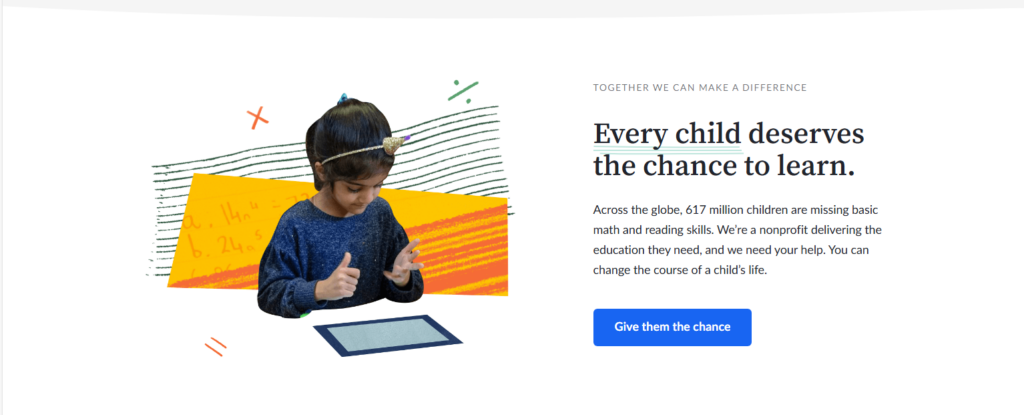
Khan Academy offers a wide range of subjects to support learners of all ages. As of now, the subjects include:
1. Math: Covering topics from basic arithmetic to advanced calculus and statistics.
2. Science: Including biology, chemistry, physics, and computer science.
3. Economics and Finance: Topics such as microeconomics, macroeconomics, and personal finance.
4. Arts and Humanities: Featuring subjects like history, art history, and music.
5. Test Preparation: Resources for standardized tests such as the SAT, ACT, and LSAT.
6. Computing: Programming, computer science principles, and algorithms.
7. College and Career: Guidance on college admissions, career planning, and skills development.
Khan Academy continually updates its offerings, so it’s a good idea to check their website for the most current subjects and resources available. If you have any specific questions about a subject or need assistance with a particular topic, feel free to ask!
Benefits of Using Khan Academy
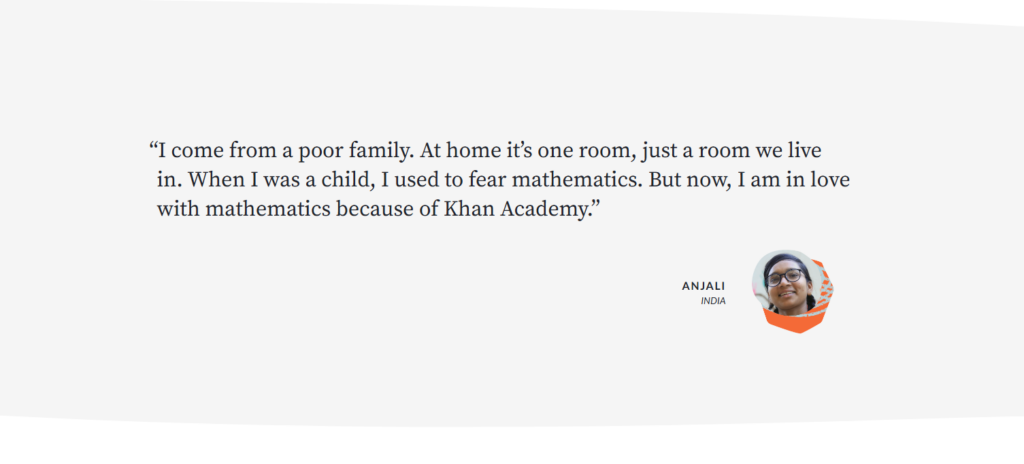
Khan Academy offers numerous benefits for learners, educators, and parents alike. Here are some key advantages:
1. Free Access: All resources on Khan Academy are available for free, making high-quality education accessible to anyone with an internet connection.
2. Wide Range of Subjects: The platform covers a diverse array of subjects, from math and science to arts and humanities, catering to various learning needs and interests.
3. Self-Paced Learning: Learners can progress at their own pace, allowing them to spend more time on challenging topics and move quickly through areas they find easier.
4. Interactive Exercises: The platform includes practice exercises and quizzes that provide immediate feedback, helping learners reinforce their understanding and track their progress.
5. Personalized Learning Dashboard: Users can create accounts to receive personalized recommendations based on their performance, helping them focus on areas that need improvement.
6. Video Tutorials: Khan Academy features thousands of instructional videos that break down complex concepts into easily digestible segments, making learning more engaging.
7. Support for Educators: Teachers can use Khan Academy to supplement their curriculum, assign specific exercises, and monitor student progress through the platform’s tools.
8. Mobile Accessibility: The Khan Academy app allows learners to access content on-the-go, making it convenient to study anytime and anywhere.
9. Focus on Mastery: The platform emphasizes mastery learning, encouraging students to fully understand a topic before moving on to the next, which can lead to deeper comprehension.
10. Community and Resources: Khan Academy fosters a community of learners and provides additional resources, including articles and tips for effective studying.
Overall, Khan Academy is a valuable tool for anyone looking to enhance their learning experience, whether independently or in a classroom setting. If you have any specific questions or need further information, feel free to ask!
How to Get Started with Khan Academy
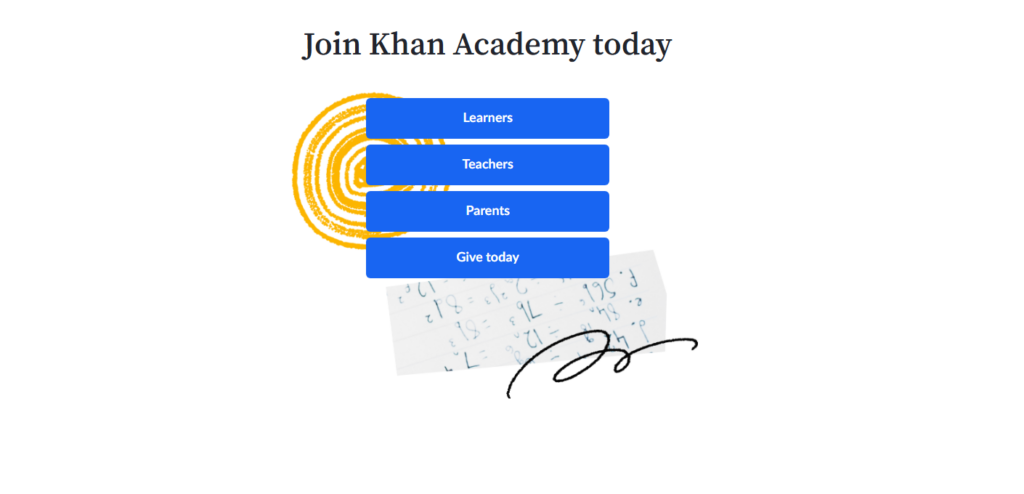
Getting started with Khan Academy is a straightforward process. Here’s a step-by-step guide to help you begin your learning journey:
1. Visit the Website: Go to Khan Academy’s website.
2. Create an Account:
– Click on the “Sign up” button in the upper right corner.
– You can sign up using an email address, Google account, or Facebook account. Follow the prompts to complete the registration process.
3. Set Up Your Profile:
– After creating an account, you can set up your profile by selecting your grade level and subjects of interest. This helps tailor the content to your learning needs.
4. Explore Subjects:
– Browse through the various subjects available on the platform. You can find math, science, arts, humanities, and more. Click on a subject to see the topics covered.
5. Choose a Topic:
– Once you select a subject, you can choose a specific topic or skill to start learning. Each topic typically includes instructional videos, practice exercises, and quizzes.
6. Watch Videos and Practice:
– Begin by watching the instructional videos to understand the concepts. Afterward, engage with the practice exercises to reinforce your learning.
7. Track Your Progress:
– Use the personalized dashboard to monitor your progress. It shows your completed exercises, mastery levels, and areas that may need more focus.
8. Set Goals:
– Consider setting specific learning goals to keep yourself motivated. You can aim to complete a certain number of exercises or master specific skills within a timeframe.
9. Utilize Additional Resources:
– Explore other resources available on the platform, such as articles, tips for effective studying, and test preparation materials.
10. Join the Community:
– Engage with the Khan Academy community by participating in discussions or forums if available. This can enhance your learning experience.
By following these steps, you can effectively get started with Khan Academy and make the most of the resources available. If you have any questions or need further assistance, feel free to ask!
Khan Academy for Different Age Groups
Khan Academy offers a wide range of educational resources suitable for various age groups, making it a versatile platform for learners of all ages. Here’s a breakdown of how Khan Academy caters to different age groups:
1. Early Childhood (Ages 3-5):
– Khan Academy Kids is specifically designed for younger learners. It features interactive activities, games, and lessons that cover foundational skills in math, reading, and social-emotional learning.
2. Elementary School (Ages 6-11):
– The main Khan Academy platform provides engaging lessons in subjects like math, science, and arts. The content is structured to align with grade-level standards, making it easy for students to follow along and build their skills progressively.
3. Middle School (Ages 11-14):
– For middle school students, Khan Academy offers more advanced topics in math, science, history, and economics. The platform includes practice exercises and instructional videos that help reinforce concepts learned in school.
4. High School (Ages 14-18):
– High school learners can access a comprehensive curriculum that includes advanced math (like calculus and statistics), science (including biology, chemistry, and physics), and preparation for standardized tests (such as the SAT). The platform also provides resources for AP courses.
5. Adult Learners:
– Khan Academy is also beneficial for adult learners looking to refresh their knowledge or learn new skills. The platform offers courses in various subjects, including personal finance and computer programming, making it a valuable resource for lifelong learning.
Overall, Khan Academy’s user-friendly interface and diverse content make it an excellent educational tool for learners of all ages. If you have specific age groups or subjects in mind, feel free to ask for more detailed information!
Success Stories and Testimonials

Khan Academy has garnered numerous success stories and testimonials from students, parents, and educators who have benefited from its resources. Here are some notable examples:
1. Student Achievement: Many students have reported significant improvements in their academic performance after using Khan Academy. For instance, a high school student struggling with math concepts was able to raise their grade from a C to an A by utilizing the platform’s instructional videos and practice exercises. This student credited Khan Academy for providing clear explanations and the ability to learn at their own pace.
2. Homeschooling Success: Parents who have chosen to homeschool their children often share positive experiences with Khan Academy. One parent noted that their child, who had previously struggled in a traditional classroom setting, thrived with the personalized learning approach offered by Khan Academy. The parent appreciated the comprehensive curriculum and the ability to track their child’s progress.
3. Teacher Endorsements: Educators have also praised Khan Academy as a valuable teaching tool. A middle school teacher reported using Khan Academy to supplement classroom instruction, allowing students to reinforce their learning at home. The teacher highlighted how the platform’s analytics helped identify students who needed additional support, enabling targeted interventions.
4. Global Reach: Khan Academy’s impact is not limited to the United States. Students from various countries have shared their success stories, emphasizing how the platform has made quality education accessible to them. For example, a student in a remote area of India expressed gratitude for being able to learn advanced topics in science and math that were not available in their local schools.
5. College Preparation: Many high school students have utilized Khan Academy’s SAT preparation resources to enhance their test scores. A testimonial from a student who improved their SAT score by over 200 points highlighted the effectiveness of the practice tests and personalized learning dashboard, which helped them focus on their weak areas.
These testimonials reflect Khan Academy’s commitment to providing free, high-quality educational resources that empower learners of all ages and backgrounds. The platform continues to inspire success stories as it evolves and expands its offerings.
Khan Academy vs. Other Online Learning Platforms
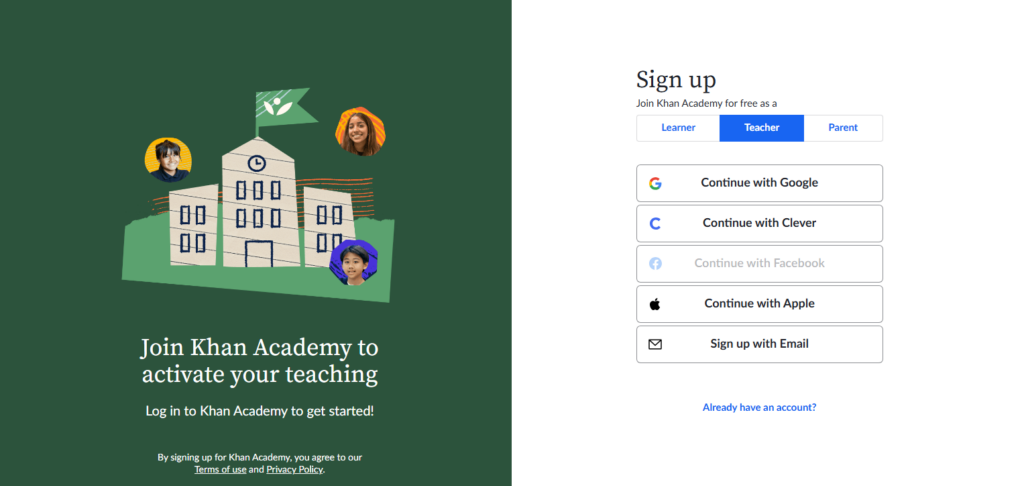
When comparing Khan Academy to other online learning platforms, several key factors come into play, including content quality, accessibility, user experience, and the range of subjects offered. Here’s a breakdown of how Khan Academy stacks up against some popular alternatives:
1. Content Quality
– Khan Academy: Known for its high-quality instructional videos and practice exercises, Khan Academy provides a comprehensive curriculum that covers subjects from math and science to arts and humanities. The content is created by educators and is regularly updated.
– Other Platforms: Platforms like Coursera and edX offer courses from universities and institutions, which can vary in quality. While many courses are excellent, others may not meet the same standards as Khan Academy’s consistently high-quality resources.
2. Accessibility
– Khan Academy: Completely free to use, Khan Academy is accessible to anyone with an internet connection. It also offers resources in multiple languages, making it a valuable tool for learners worldwide.
– Other Platforms: Many online learning platforms, such as Udemy or LinkedIn Learning, charge for courses. While some offer free content, the majority of their offerings require payment, which can limit access for some learners.
3. User Experience
– Khan Academy: The platform is designed with a user-friendly interface that allows learners to navigate easily through subjects and track their progress. The personalized learning dashboard helps students focus on areas where they need improvement.
– Other Platforms: User experience can vary widely. Platforms like Coursera and edX have more complex interfaces due to their extensive course offerings, which may overwhelm some users. However, they also provide features like peer interaction and graded assignments.
4. Range of Subjects
– Khan Academy: Primarily focused on K-12 education, Khan Academy excels in subjects like math, science, and economics. It also offers resources for standardized test preparation (e.g., SAT).
– Other Platforms: Platforms like Coursera, edX, and Udemy offer a broader range of subjects, including professional development, technology, and creative arts. This makes them suitable for adult learners and those seeking specific skills or certifications.
5. Community and Support
– Khan Academy: While it has a supportive community, the interaction is primarily through the platform itself, with limited peer-to-peer engagement.
– Other Platforms: Many platforms, such as Coursera and Udemy, foster community interaction through discussion forums, allowing learners to connect with peers and instructors, which can enhance the learning experience.
Conclusion
Khan Academy is an excellent choice for K-12 students and anyone seeking free, high-quality educational resources. Its focus on foundational subjects and personalized learning makes it particularly effective for younger learners. In contrast, other platforms may be better suited for adult learners or those looking for specialized courses and certifications. Ultimately, the best choice depends on individual learning goals, preferences, and needs.
Future of Khan Academy
The future of Khan Academy looks promising, with several key trends and developments that may shape its evolution:
1. Expanded Course Offerings: Khan Academy may continue to broaden its curriculum to include more subjects, advanced courses, and vocational training, catering to a wider range of learners.
2. Personalized Learning: With advancements in AI and data analytics, Khan Academy could enhance its personalized learning pathways, allowing students to learn at their own pace and receive tailored recommendations based on their progress and learning styles.
3. Integration of Technology: The platform may increasingly incorporate emerging technologies such as virtual reality (VR) and augmented reality (AR) to create immersive learning experiences, making complex subjects more engaging and accessible.
4. Global Reach: Khan Academy is likely to expand its reach internationally, translating content into more languages and adapting materials to fit different educational systems and cultural contexts.
5. Partnerships and Collaborations: Collaborations with schools, educational institutions, and other organizations could enhance the platform’s resources and credibility, providing users with more comprehensive learning tools.
6. Focus on Lifelong Learning: As the demand for continuous education grows, Khan Academy may develop resources aimed at adult learners and professionals seeking to upskill or reskill in various fields.
7. Community Engagement: Building a stronger community around its platform, including forums for discussion and peer support, could enhance the learning experience and foster collaboration among users.
Overall, Khan Academy is well-positioned to adapt to the changing educational landscape and continue providing valuable resources to learners around the world.
Common queries about Khan Academy-
Here are some common queries about Khan Academy:
1. What is Khan Academy?
– Khan Academy is a free online educational platform that offers a wide range of courses, lessons, and resources in subjects such as math, science, economics, history, and more.
2. Is Khan Academy really free?
– Yes, Khan Academy provides all its resources and courses for free, making quality education accessible to anyone with an internet connection.
3. How does Khan Academy work?
– Users can create an account to track their progress, access instructional videos, practice exercises, and take quizzes. The platform uses a mastery-based learning approach, allowing students to learn at their own pace.
4. What age group is Khan Academy suitable for?
– Khan Academy caters to a wide range of age groups, from young children to adults. It offers content for elementary, middle, and high school students, as well as resources for college-level subjects.
5. Can teachers use Khan Academy in the classroom?
– Yes, many teachers use Khan Academy as a supplemental resource in their classrooms. The platform provides tools for educators to assign lessons, track student progress, and customize learning experiences.
6. Are there any mobile apps for Khan Academy?
– Yes, Khan Academy offers mobile apps for both iOS and Android devices, allowing users to access lessons and practice exercises on the go.
7. How can I get help if I’m struggling with a topic?
– Khan Academy provides a variety of resources, including instructional videos, practice exercises, and community forums where users can ask questions and seek help from peers and educators.
8. Can I use Khan Academy without an account?
– While you can access many resources without an account, creating one allows you to track your progress, save your work, and receive personalized recommendations.
9. Does Khan Academy offer certifications?
– Khan Academy does not offer formal certifications or degrees. However, users can earn badges and points for completing exercises and mastering topics.
10. How can I support Khan Academy?
– Khan Academy is a nonprofit organization that relies on donations. Users can support the platform by contributing financially or by spreading the word about its resources.
If you have any specific questions or need further information, feel free to ask!

